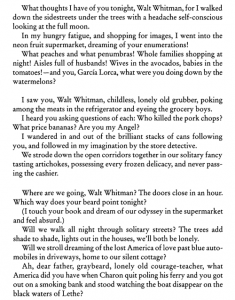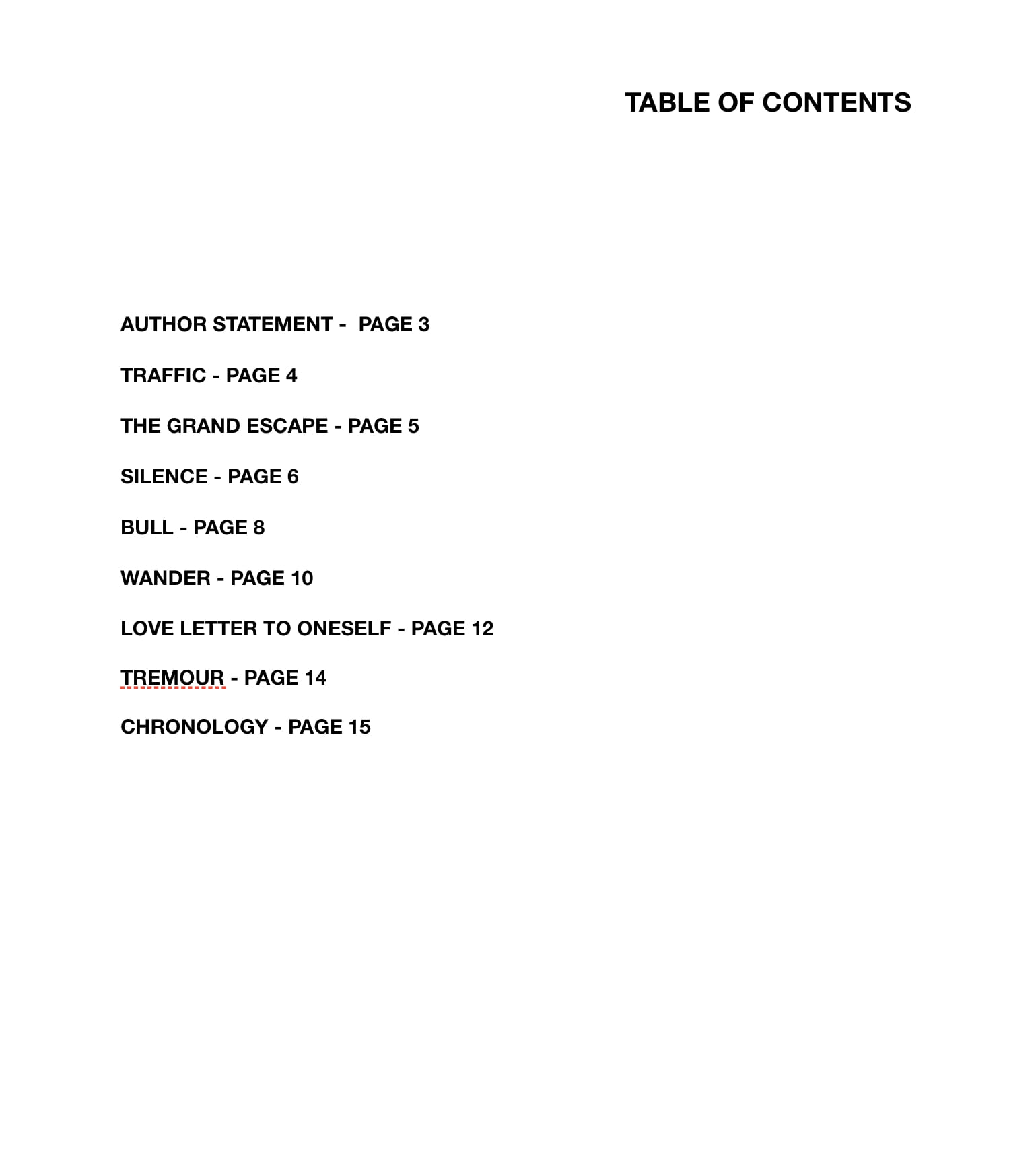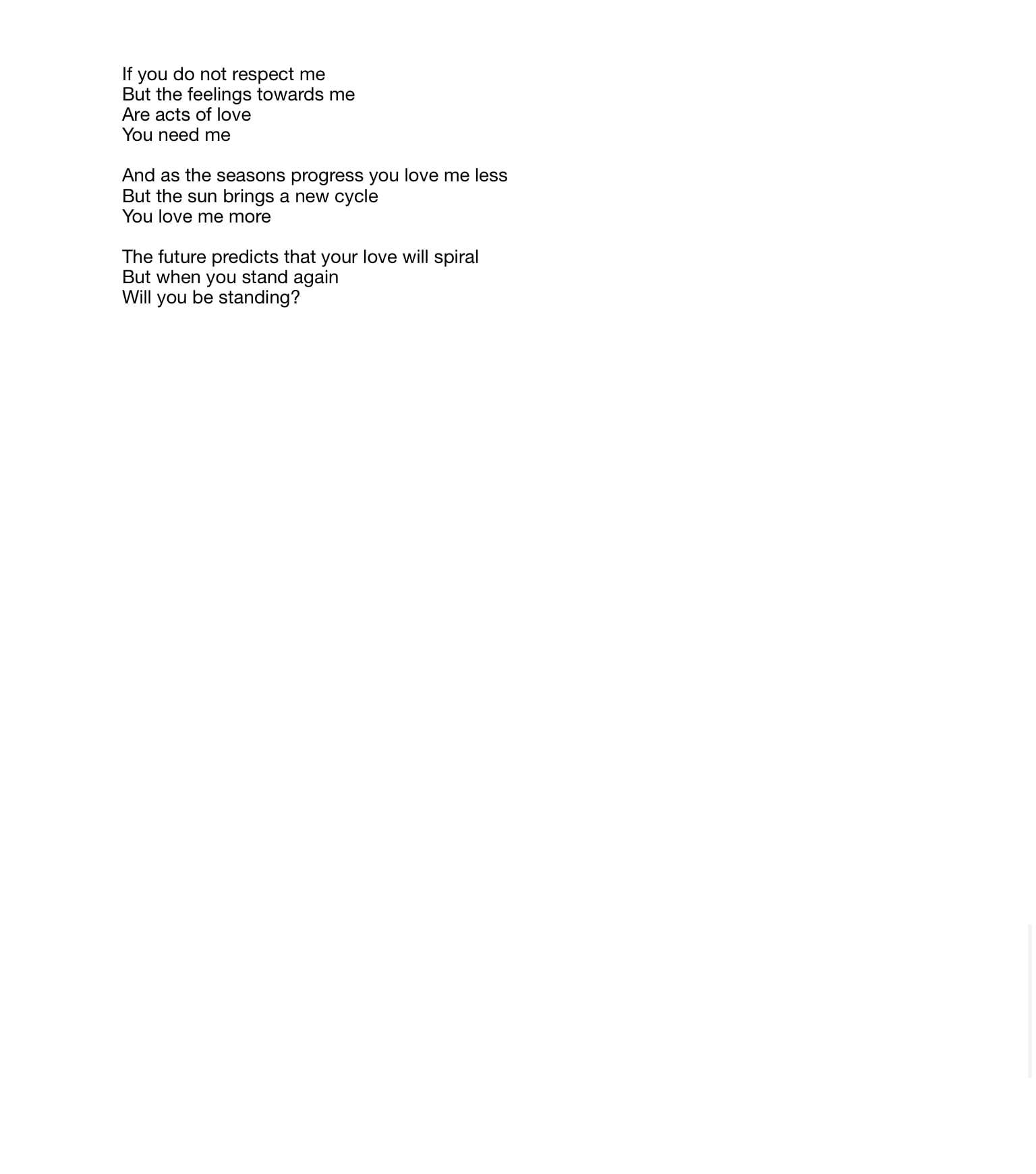(Wow, I apologize Ms. Maxwell. I only see the word play in that sentence now, after the tidal wave has passed, definitely my bad.)
To revisit the title, THE BEAT GOES ON, we carried it. It being the beat. We also created it, if we are keeping score, as well as writing it and giving it an environment. We nurtured our premature knowledge of beat poetry, growth and development came almost immediately. We were fuel’d to answer our driving question which was “How can we use poetry to reflect our perspectives on people, places, issues and beliefs?” This question led us to our first step of the project. Our research started where every good PLP project starts. A chart, more explicitly, a table, expressing what WE KNOW, what we NEED TO KNOW, and QUESTIONS that we have. This table definitely helps us to understand what our project is going to consist of, and where we should be directing our creativity. During this table, we came across many questions, because the introduction of this project was also the introduction of this concept, which pardon me for not mentioning earlier, is BEAT POETRY.
The art of informal and free poetry. The term beat poetry was coined by the beat poets of the Beat Generation. They had been beat down by the government and society and decided to express their feelings through prose, and more non conventional modes of poetry. They had many coded poems that we began to uncypher piece by piece, adding in our own interpretations to create a personal connection to the themes as well as the underlying meaning.
One of the poems that we looked over was “A Supermarket In California,” by Allen Ginsberg, one of the founding members of the beat poetry movement. This poem opened my eyes. It did not carry a rigid line structure, nor did it follow a repetition of vowels. It was a poem because he said it was a poem. All of a sudden I was hooked, not only hooked, I was mind blown. It was not childish as the poems I remembered reading on the shag carpet, during reading, before writing and after nap time. It was exquisite. No precise meaning, every single person interpreted it differently. His skill was putting pictures, moments and feelings into words. The poem could have been written in 10 mins or worked to perfection. He was not constrained by conformity, he had shown what he could do, and he had done it quite well. I began writing immediately, knowing now that the poems I wrote did not have to regurgitate the 7,5,7 line format that I had ever so pleasantly drilled into my head, nor the same sounding ending that never seemed to come freely to me. I was finally able to accept poetry, and let myself create pieces that meant more to me then anything that I had ever written before. It was a strange concept, claiming that this compilation of words was a prose poem.
Here is the solid part of the final project, the collection of my poems.
I spoke briefly above about Allen Ginsberg, one of the founders of beat poetry, but I would like to introduce you reader to another face that gets tied to the generation, Gregory Corso. For class we had to choose a poet and research them and their connection to the Beat Generation, and Corso was my poet.
This was another way my mind expanded during this project. This man is a living legend. Gregory Corso is a surviver, but context is lost because I have yet to tell you his struggles. If you would like to further your education on Corso I made a podcast about his life story, its only 5 mins long, and sums up all of the important events in his life. It was hard to fit them all in 5 mins. Gregory Corso opened my mind to more unique forms of poetry as well, so I found the research that I had to do, quite fun and entertaining and if you decide to listen to the podcast I’d hope you find the same excitement.
https://soundcloud.com/user-335030245/the-story-of-gregory-corso
Now what Corso discussed in his poems was extremely effected by his upbringing. His poetry tended to carry many more topics that I could barely even mention in my poems. I find that this is because I do not share certain life experiences that are required to express certain emotions. I lack the need to keep yourself alive, fending for your self, and never knowing where your going to lay your head the next night. Emotions that derive from the city being your home and not being raised in a generic family setting. I don’t know how that would have worked for Corso ( had that ever been an option) but certain things effect certain people, and so my poems do not focus on these things that I dont have connections to, instead they focus on these things that corso missed. Its not that one is better then the other, (Corso is far better,) but in discussing topics if you as a poet can turn yarn into gold, you’ve accomplished great things, just as Corso did.
To wrap up our unit we (my class) were a participant in the PLP Star Wars exhibition in late December. We preformed Beat Poetry in front of family’s and friends, in a student created cantina, made to resemble the cantina in Star Wars. We had our band students playing a set in the intermission, as well as drinks na food being served. The lighting was low, and our own Emily Jansen had created a script to express the fact that every new-commer to the “cantina” was sent from the empire, and being form the empire no one really liked you, so you had to stay quiet, which was a creative and exciting way to keep people quiet.
Here’s the video of me performing!
Reflection
This project gave me a glimpse at a new form of expression that I really hope to continue into my life. I think that poetry is a very special expressive form and that I was very lucky to be introduced to it at such a young age. I found the presentation nerve raking, and scary because I was presenting very personal poems to an audience. So I believe that I have grown quite a bit throughout this project.
I also had a woman come up to me who told me my poem had really resonated with her, she was almost in tears during our conversation. Why would I give up on something that resonates with so many people?


















Published by